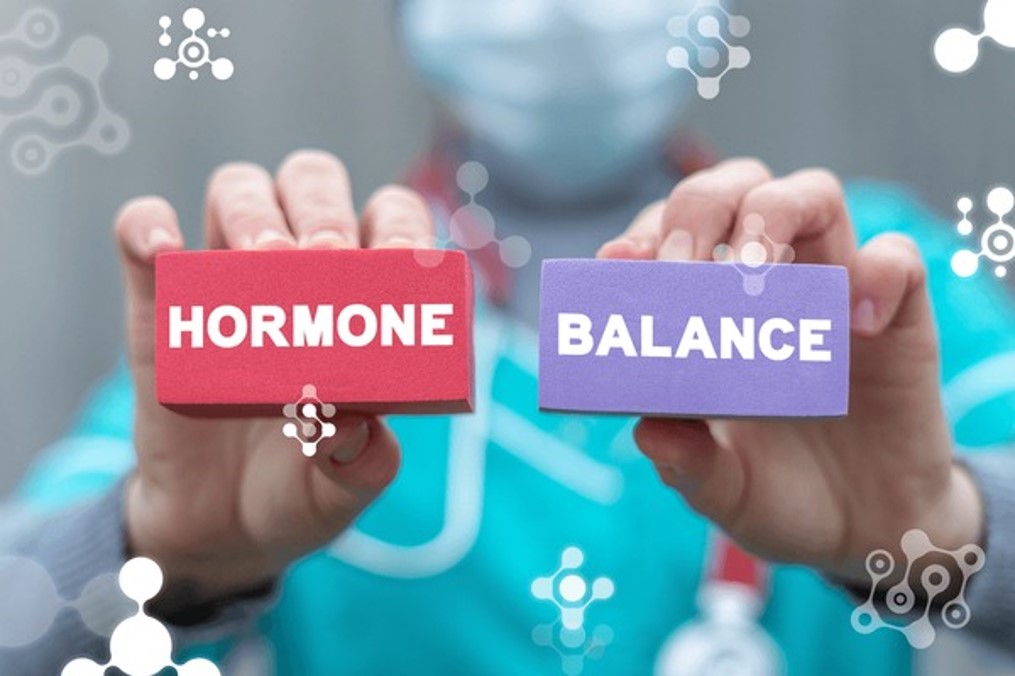Hormone Replacement Therapy (HRT) is often a topic of debate for health-conscious individuals. It can be utilized by those who are seeking treatment for menopausal symptoms, hormonal imbalances, or post-surgical changes. Despite its proven benefits in managing symptoms such as hot flashes and mood swings, HRT is frequently surrounded by misconceptions that deter individuals from seeking therapy.
Myth 1: HRT Causes Breast Cancer
One of the most widespread myths about hormone replacement therapy relates to breast cancer. The belief that HRT directly causes breast cancer may have stemmed largely from concerns raised by earlier studies. Some of these highlighted an observed association between HRT and breast cancer incidence.
The Facts
HRT has been extensively studied for decades. Research indicates that breast cancer influenced by HRT use depends on the hormones used, duration of use, and individual risk factors. Estrogen-only HRT has shown little to no increase in risk. For this reason, HRT is commonly prescribed on an individual basis. The type of HRT used should be made after carefully weighing the overall risks and potential benefits for each person.
Myth 2: HRT Increases the Risk of Heart Disease
Another myth surrounding HRT is that it significantly raises the risk of heart disease. This belief is largely rooted in early research that suggested a potential link between HRT use and cardiovascular problems. These studies have since been re-examined within broader medical contexts.
The Facts
Recent data indicate that the relationship between HRT and heart health is more nuanced than earlier claims suggested. Factors such as the type of hormones used, the age at which therapy begins, and the duration of treatment play key roles in determining its effects on cardiovascular health. Evidence shows that starting HRT earlier is associated with beneficial or neutral effects on heart health. These findings highlight the significance of individualized treatment plans monitored closely by healthcare providers. While HRT is not designed or recommended as a heart disease prevention measure, its cardiovascular impact varies widely from person to person.
Myth 3: Natural Therapies Are Safer Than HRT
Many advocate for natural or alternative therapies. The claims are that they offer safer and more effective solutions than HRT. Herbal remedies, dietary supplements, and plant-based products are often marketed as risk-free options for managing menopausal symptoms.
The Facts
While natural therapies appeal to those seeking less medicalized approaches, their safety and efficacy are not always well-supported by clinical research. Some herbal or plant-based treatments may not be regulated as strictly as prescription medications, leading to potential variations in quality, potency, and efficacy. Some natural remedies may interact with other medications or produce side effects.
HRT, by contrast, undergoes rigorous testing to confirm its effectiveness and safety. Prescription medications used in HRT are carefully formulated and monitored. It is integral for individuals exploring natural therapies to consult with a healthcare professional to evaluate risks, explore potential interactions with existing treatments, and avoid unintended consequences.
Seeking Hormone Replacement Therapy
Understanding the facts about Hormone Replacement Therapy helps create a clearer picture of its potential benefits and risks. HRT is a well-studied therapeutic option. It offers relief to many individuals experiencing disruptive symptoms associated with menopause or hormonal imbalances. Decisions about HRT should always be made collaboratively with a healthcare provider, taking into account each individual’s medical history, lifestyle, and preferences.

